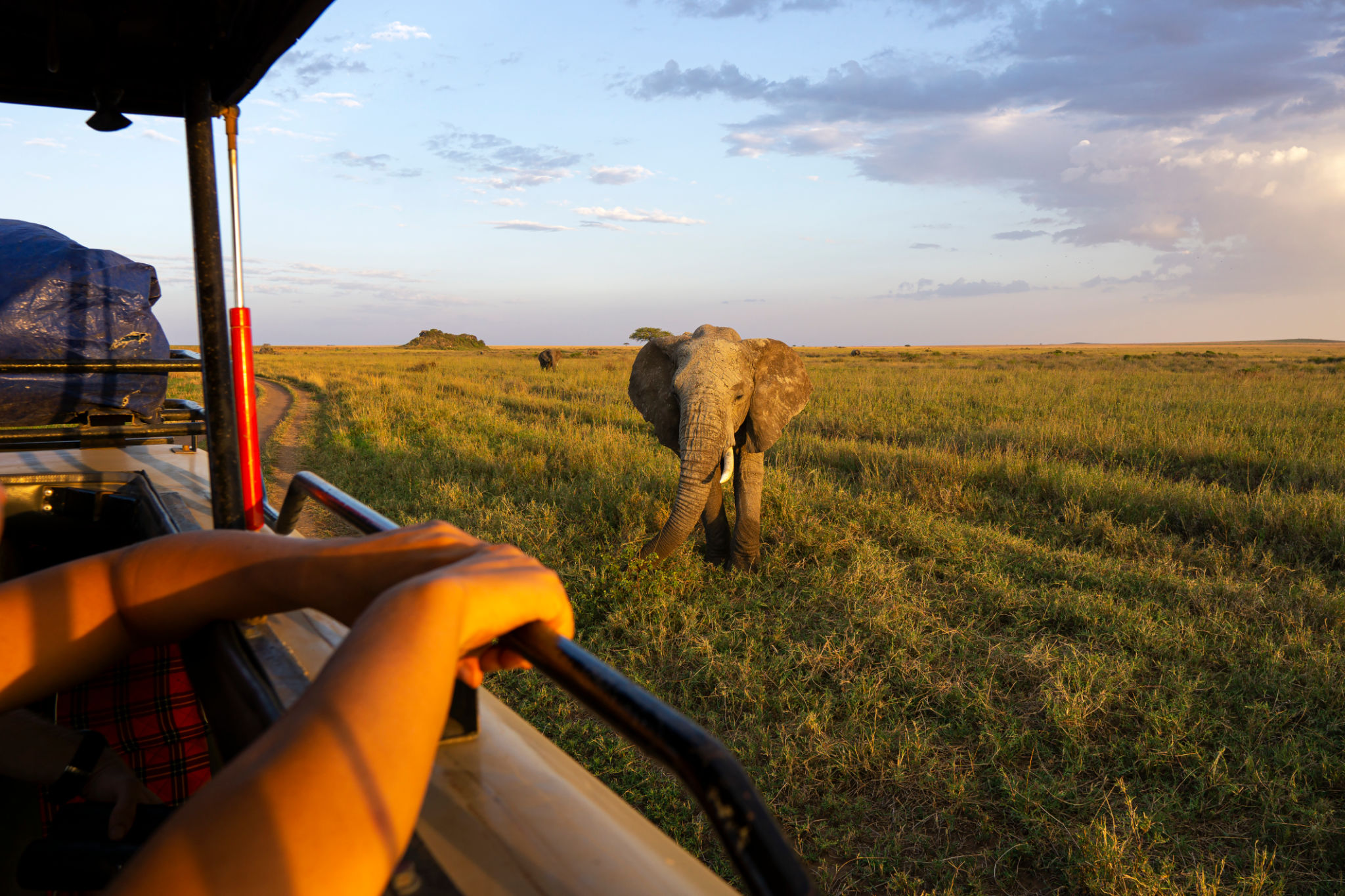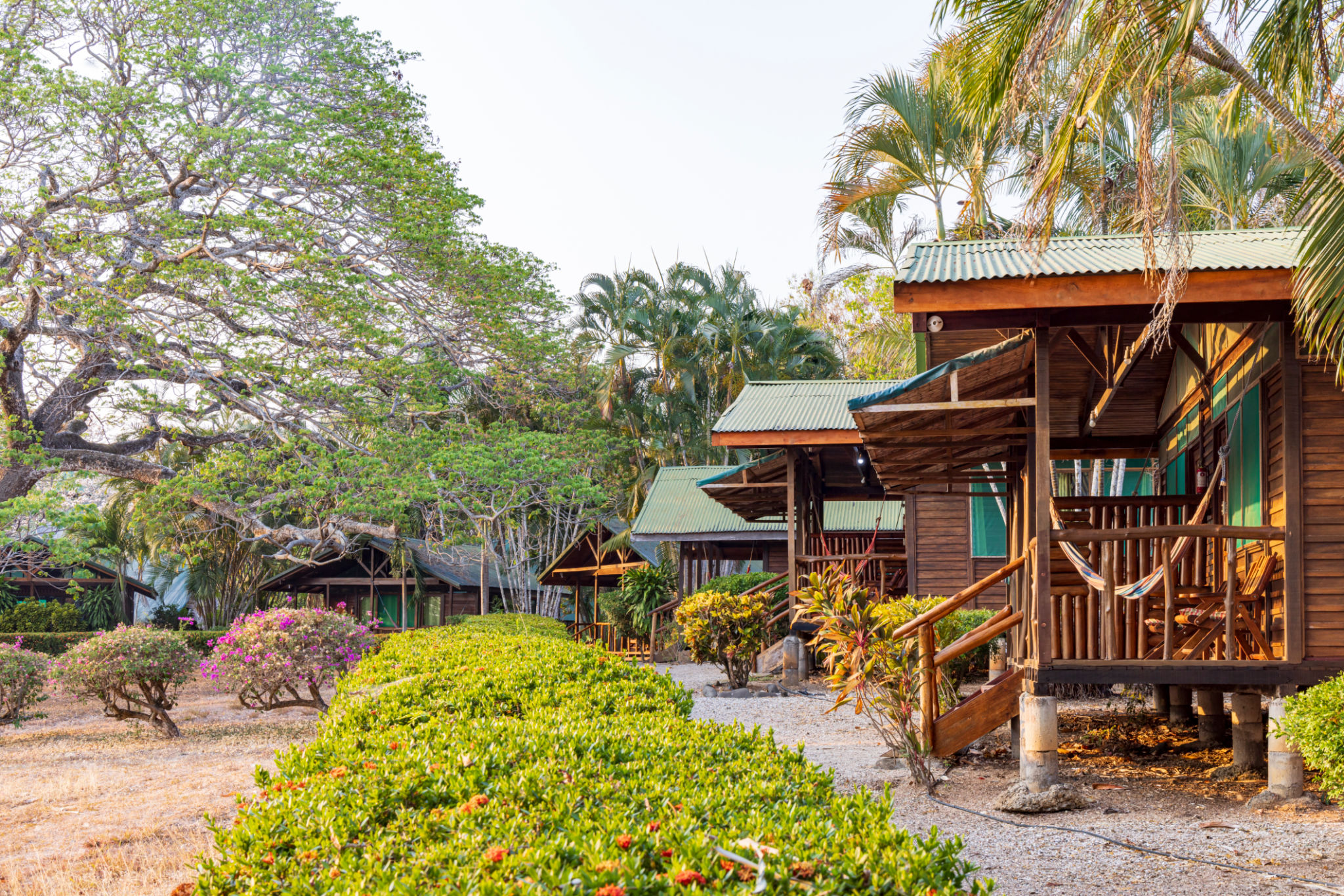Seasonal Safari Planning: The Best Time for Eco-Friendly Safaris in Tanzania
Introduction to Eco-Friendly Safaris in Tanzania
Tanzania, a jewel of East Africa, is renowned for its breathtaking landscapes and abundant wildlife. For those seeking an eco-friendly safari experience, Tanzania offers a unique opportunity to explore its natural beauty while minimizing environmental impact. When planning your safari, it's crucial to consider the best time to visit to maximize your experience and reduce your ecological footprint.

The Best Time to Visit Tanzania
Choosing the right season for your safari is essential. The dry season, from June to October, is often recommended as the best time for wildlife viewing. During this period, animals gather around water sources, making them easier to spot. However, the wet season, from November to May, has its own advantages, including lush landscapes and fewer tourists.
Dry Season Highlights
In the dry season, the Serengeti National Park and the Ngorongoro Conservation Area are must-visit destinations. The Great Migration, where millions of wildebeest and zebras traverse the plains, peaks between June and July. This spectacle is a highlight for any safari enthusiast.

The Appeal of the Wet Season
While the wet season might initially seem less appealing, it offers several unique benefits. The landscape transforms into a vibrant canvas of greenery, making it a paradise for bird watchers. Additionally, this season sees the birth of many young animals, providing a heartwarming glimpse into the circle of life.
Eco-Friendly Safari Practices
When embarking on a safari, it's vital to adopt eco-friendly practices to protect Tanzania's fragile ecosystems. Consider choosing tour operators who prioritize sustainability and engage in responsible tourism practices. Opt for camps and lodges that use renewable energy sources and have effective waste management systems.

Pack Light and Smart
Traveling light reduces your carbon footprint. Pack reusable items such as water bottles and avoid single-use plastics. Wearing neutral-colored clothing not only helps you blend into the natural surroundings but also minimizes disturbance to wildlife.
Contributing to Conservation Efforts
Your safari can also support conservation efforts in Tanzania. Many eco-friendly tours contribute a portion of their proceeds to local conservation projects. By choosing these tours, you directly support initiatives that preserve wildlife and natural habitats.

Engage with Local Communities
Another way to ensure your safari is eco-friendly is by engaging with local communities. This can be achieved through cultural tours or purchasing locally-made handicrafts. Such interactions help promote sustainable development and provide economic benefits to the community.
Conclusion: A Journey Worth Taking
Planning a seasonal safari in Tanzania offers an incredible opportunity to witness nature's wonders while practicing sustainability. By visiting at the right time and adopting eco-friendly practices, you can enjoy a fulfilling experience that respects and preserves Tanzania’s precious ecosystems for future generations.